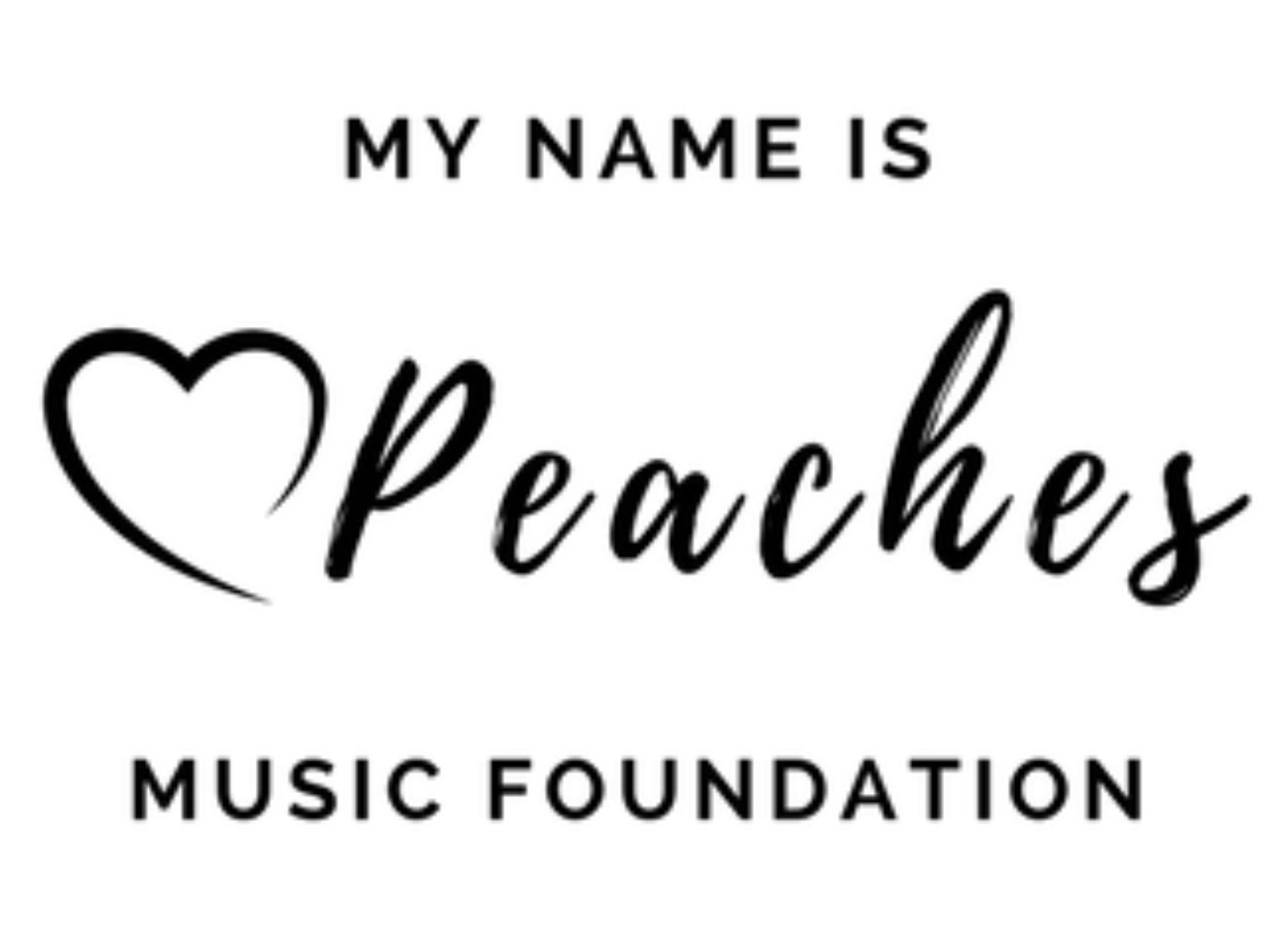In the symphony of childhood, every emotion is a note, yet not all are freely played. Our children live in a crescendo of experiences where joy and sadness, excitement and fear all clamor for expression. But what happens when these emotional notes are muted? Emotional suppression in children can lead to a silent melody of anxiety, depression, or social withdrawal, hindering their ability to lead a harmonious life. It is here, in the quiet spaces between their spoken words, that songwriting offers a powerful outlet for emotional release and expression.
The Silent Struggle
Many children lack the tools or the outlets to express complex feelings. They might feel pressured to keep a “stiff upper lip” or may not want to burden others with their troubles. This silence can be a heavy weight, and without a means to lift it, emotional suppression can shadow much of their young lives. The repercussions echo through their mental health, social interactions, and academic performance.
A Melodic Release
Songwriting swoops in like a gentle maestro, offering a space for feelings to resonate. It provides a canvas where emotions can be painted in words and melodies, allowing children to externalize what they cannot verbalize. In the rhythm of a song, a child finds a friend, a confidant who speaks the language of their heart without judgment or consequence.
Harmony of Heart and Mind
The act of songwriting encourages introspection and mindfulness. As children sift through their thoughts to create lyrics, they engage in a process akin to journaling, a recognized therapeutic practice. They begin to name their emotions, to recognize them, which is the first step toward understanding and managing them effectively. This is the development of emotional intelligence in its most natural form, nurtured through the art of music.
The Safe Stage of Song
In the safety of a song, children can confess their fears, celebrate their joys, and navigate the complexities of their internal worlds. There is an inherent safety in musical expression; it is non-threatening, it is creatively malleable, and it is deeply personal. A child who might recoil at the thought of speaking about their feelings might find solace in singing them, even if the audience is just the four walls of their room.
The Echo of Empathy
Songwriting not only helps the composer but also the listener. When children share their songs, they create ripples of empathy. Classmates and family members who listen are often touched by the honesty and depth of the shared emotion, fostering a community of understanding and support. This empathy is the antidote to isolation, to the feeling of being misunderstood that so often accompanies emotional suppression.
In conclusion, our role as educators, parents, and caregivers is not to silence the dissonant notes of our children’s emotions but to provide them with the instruments to play them out loud. Songwriting is a gift, a means of transforming the unsaid into song, offering both a release and a revelation. It’s time we tune into the emotional frequencies of our children, encouraging them to turn their suppressed whispers into a chorus of expressed emotions. Let’s give them the chance to sing their stories, and in doing so, help them find their way back to the joyous harmony of childhood.
